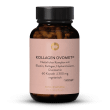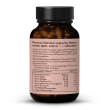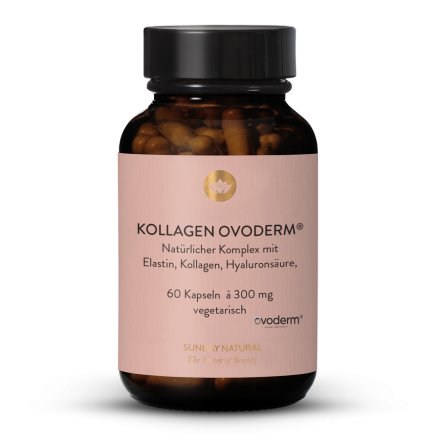Collagen is the most abundant protein in the human body, comprising more than 30% of the total weight of all the body's proteins. As a structural protein, it plays a vital role in conferring elasticity and strength to various tissues, including cartilage, tendons, ligaments, connective tissue, skeletal muscles, blood vessels, skin, bones and teeth. During collagen synthesis, amino acids are strung together to form a polypeptide chain, a process which is assisted by essential vitamins, minerals and trace elements. Through juxtaposition and cross-linking, thicker collagen fibres can be formed. The specific type of collagen present in a particular tissue depends on the type of tissue itself:
Type I collagen: found mostly in the skin, bones, tendons and cartilage, it comprises 90% of the collagen in the human body
Type V collagen: found within the dermal/epidermal junction
Type X collagen: found in chondrocytes
Elastin
Like collagen, elastin is a structural protein. While collagen primarily imparts strength, elastin, as its name implies, possesses elasticity.
Hyaluronic Acid
Hyaluronic acid, or hyaluronan, is a long-chain polysaccharide with an impressive water-binding capacity. It exhibits high viscosity, which increases with its molecular weight, and is found in the skin, connective tissue, synovial fluid, tear fluid and the vitreous humour of the eye.




























